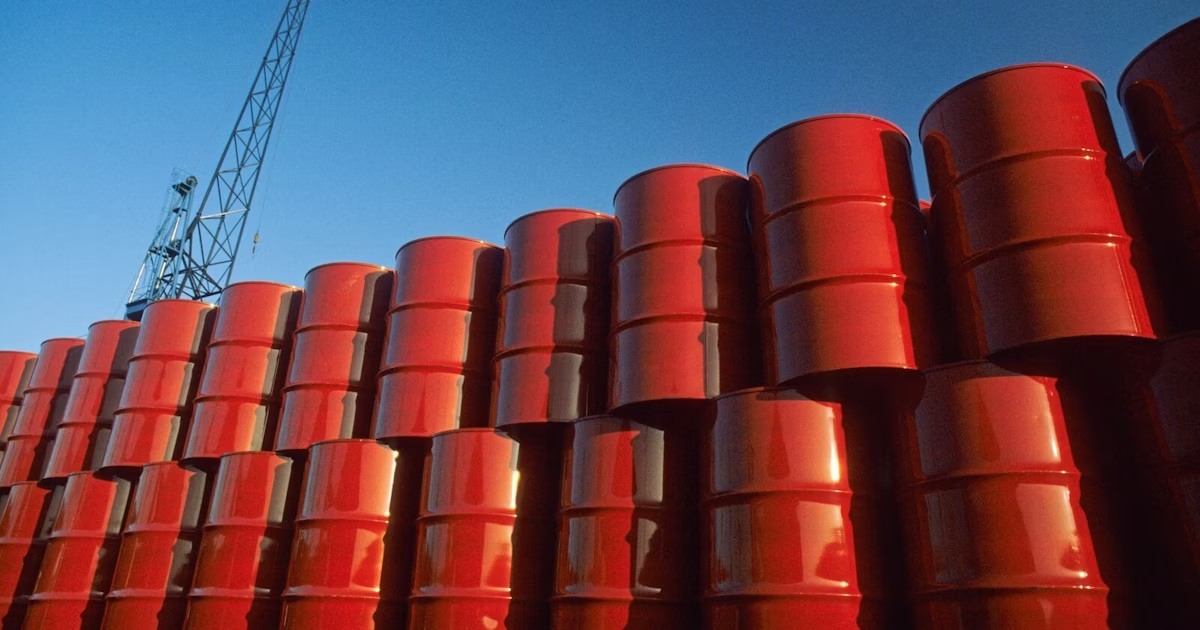DIN 51777 Water-Soluble Acids in Petroleum Test
The DIN 51777 method is a crucial test procedure designed to measure water-soluble acids (WSAs) in petroleum products. This analysis helps ensure product quality and performance by identifying any harmful components that can lead to corrosion or degradation of equipment during storage, transportation, and usage.
Water-soluble acids are compounds like citric acid, oxalic acid, and tartaric acid that dissolve readily in water. Their presence in petroleum products can cause significant issues such as increased acidity, which may damage metal parts and hoses within oil systems. By measuring these acids, we can ensure compliance with industry standards and prevent potential operational problems.
The test procedure outlined by DIN 51777 involves several steps including sample preparation, extraction of water-soluble components from the petroleum matrix, and subsequent titration to determine the amount of acid present. This method is particularly important for refining processes where maintaining product purity is essential.
During sample preparation, samples are taken from various stages of production or distribution. These samples then undergo a series of extraction steps designed to separate water-soluble materials from non-water-soluble components. The extracted solution is carefully analyzed using titration techniques, where a standard base solution is added until the endpoint is reached.
The DIN 51777 method provides precise measurements that are critical for quality control and compliance with international standards such as ISO and ASTM. Understanding these values allows stakeholders to make informed decisions regarding product specifications and potential corrective actions if necessary.
Real-world applications of this test include refining operations, where maintaining low levels of water-soluble acids helps extend the service life of equipment and minimize maintenance costs. In fuel distribution networks, monitoring WSA levels ensures that fuels meet stringent quality requirements set by regulatory bodies worldwide.
Beyond just technical accuracy, accurate measurement of WSAs plays a vital role in environmental protection efforts. By reducing corrosive elements within petroleum products, we contribute to minimizing emissions from vehicles and other machinery powered by these fuels.
- Reduction in air pollutants
- Increased efficiency of engines
- Extended lifespan of automotive components
- Lower maintenance costs for fleet operators
The significance of this test extends beyond mere compliance; it contributes to creating safer environments and more efficient operations across industries dependent on petroleum products.
Benefits
The implementation of the DIN 51777 method offers numerous benefits to stakeholders involved in oil & gas testing. Primarily, it enhances product reliability by ensuring that water-soluble acids do not exceed safe levels, thereby preventing equipment damage and extending its useful life.
From an operational perspective, this test improves efficiency by reducing unexpected maintenance costs associated with corrosion caused by high acid content. For regulatory compliance, meeting stringent quality standards becomes easier through accurate monitoring of WSAs using DIN 51777.
In terms of environmental impact, minimizing corrosive elements within petroleum products leads to lower emissions from vehicles and other machinery, contributing positively towards sustainability goals.
Eurolab Advantages
At Eurolab, we offer comprehensive services that go beyond just conducting the DIN 51777 test. Our experts provide full lifecycle support starting from sample collection through analysis and reporting.
We employ cutting-edge technology and methodologies to ensure precision and accuracy in every measurement made during this process. Our highly trained professionals maintain strict adherence to international standards like ISO, ASTM, EN, and IEC ensuring reliable results every time.
Our facilities are equipped with state-of-the-art laboratories designed specifically for petroleum testing, offering a controlled environment that guarantees consistent outcomes regardless of external factors.
Environmental and Sustainability Contributions
- Reduction in air pollutants through minimized corrosion leading to cleaner emissions from vehicles powered by these fuels
- Increased efficiency of engines due to optimized performance metrics resulting from lower acidity levels
- Extended lifespan of automotive components thanks to reduced corrosive elements within the fuel mixture
- Lower maintenance costs for fleet operators who benefit directly from longer lasting equipment
By implementing rigorous quality control measures like those provided by DIN 51777, we contribute significantly towards fostering a sustainable future where both economic growth and ecological balance coexist harmoniously.





